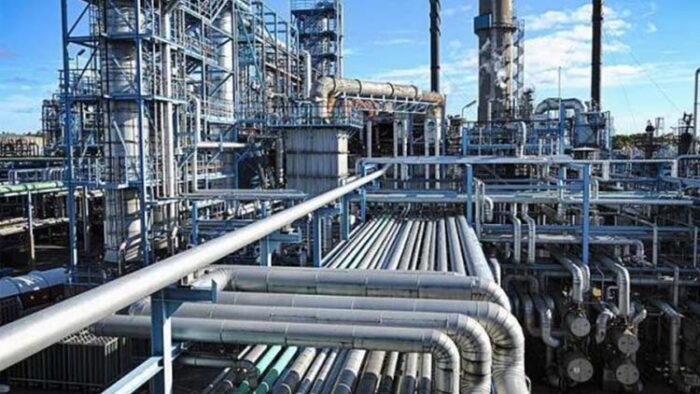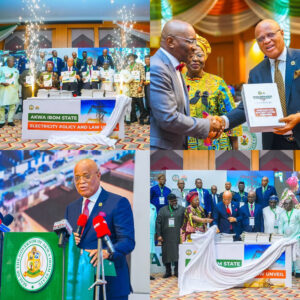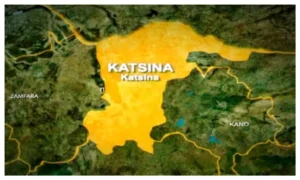
The shutdown of the Port Harcourt Refining Company for maintenance has entered its second month with no resumption of operations in sight, sparking widespread concerns among industry stakeholders and renewed scrutiny of the refinery’s multi-billion-dollar rehabilitation project.
The Nigerian National Petroleum Company Limited (NNPCL) had earlier confirmed the shutdown through its then-Chief Corporate Communications Officer, Olufemi Soneye, who issued a statement on May 24, 2025, announcing that the refinery would be taken offline for scheduled maintenance. However, as of late June, production has yet to restart, with no official update provided by the company.
Efforts to reach the NNPCL for clarification were unsuccessful, as the corporation currently lacks an official spokesperson. Contact attempts via phone and email listed on its website yielded no response.
Local petroleum marketers, speaking to The Newsbulletin, confirmed that repair works are still ongoing. However, frustrations are mounting, particularly following reports that the cost of the refinery’s turnaround maintenance is under investigation by the Economic and Financial Crimes Commission (EFCC).
On Monday, EFCC operatives reportedly arrested former NNPCL Chief Financial Officer, Umar Isa, in connection with an alleged $7.2 billion fraud involving the rehabilitation of the Port Harcourt, Warri, and Kaduna refineries. The anti-graft agency is said to be probing the disbursement of $1.5 billion for Port Harcourt, $740 million for Kaduna, and $657 million for Warri.
A source within the EFCC revealed that multiple senior officials are under investigation for alleged abuse of office, diversion of public funds, and kickbacks from contractors. Those reportedly implicated include Tunde Bakare (MD, Warri Refinery), Ahmed Adamu Dikko, and Ibrahim Monday Onoja, both former MDs of the Port Harcourt Refinery.
The current debacle comes just six months after NNPCL declared the Port Harcourt refinery operational in November 2024. At the time, then-Group CEO Mele Kyari announced that the revamped 60,000-barrel-per-day facility had resumed production, operating at 70% capacity. Daily output was projected to include 1.5 million litres of diesel, 2.1 million litres of low-pour fuel oil, 1.4 million litres of PMS (via blending), and 900,000 litres of kerosene.
Yet by April 2025, the plant had been shut again, with no concrete explanation provided. The Warri refinery, similarly reopened in December, was also shut within a month and remains inactive. In its April performance report, NNPCL simply noted that the operational status of all three government-owned refineries is “under review.”
Industry groups have expressed skepticism over the handling of the maintenance process. The Petroleum Products Retail Outlet Owners Association of Nigeria (PETROAN) argued that without the inclusion of a Premium Motor Spirit (PMS) blending unit, the refinery’s output would be of limited national value. The group had previously called for an extension of the repair timeline and a re-evaluation of the technical scope.
Calls for the privatisation of Nigeria’s refineries have intensified in light of the Port Harcourt refinery’s dormancy, despite absorbing $1.5 billion in rehabilitation funds. Critics within the Organised Private Sector and petroleum marketing sector argue that the NNPCL has demonstrated an inability to efficiently manage and sustain refinery operations.
Meanwhile, discontent deepened on Tuesday as members of the Independent Petroleum Marketers Association of Nigeria (IPMAN) protested a sharp rise in diesel prices at the Port Harcourt depot. Marketers alleged that the refinery, despite having old diesel stock in its tanks, hiked prices from ₦930 to ₦1,130 per litre within one week, demanding additional payments from those who had previously paid at the lower rate.
“NNPCL/Oando, under one week, raised diesel from ₦980 to ₦1,130. This is not acceptable,” one protester said. “You must honour the ₦980 per litre rate. We cannot keep absorbing the cost of arbitrary changes.”
IPMAN leaders and refinery officials have urged calm, stating that the issue has been escalated to NNPCL’s Abuja headquarters for resolution.
As the maintenance drags on, and investigations deepen, questions remain over the fate of Nigeria’s aging refineries and the future of the country’s downstream oil sector.







![[PHOTOS] Arewa Offa, Mustapha Amidat Concludes Skill Acquisition, Exhibition Programme](https://newsbulletin.com.ng/wp-content/uploads/2025/09/IMG-20250920-WA0011-300x300.jpg)